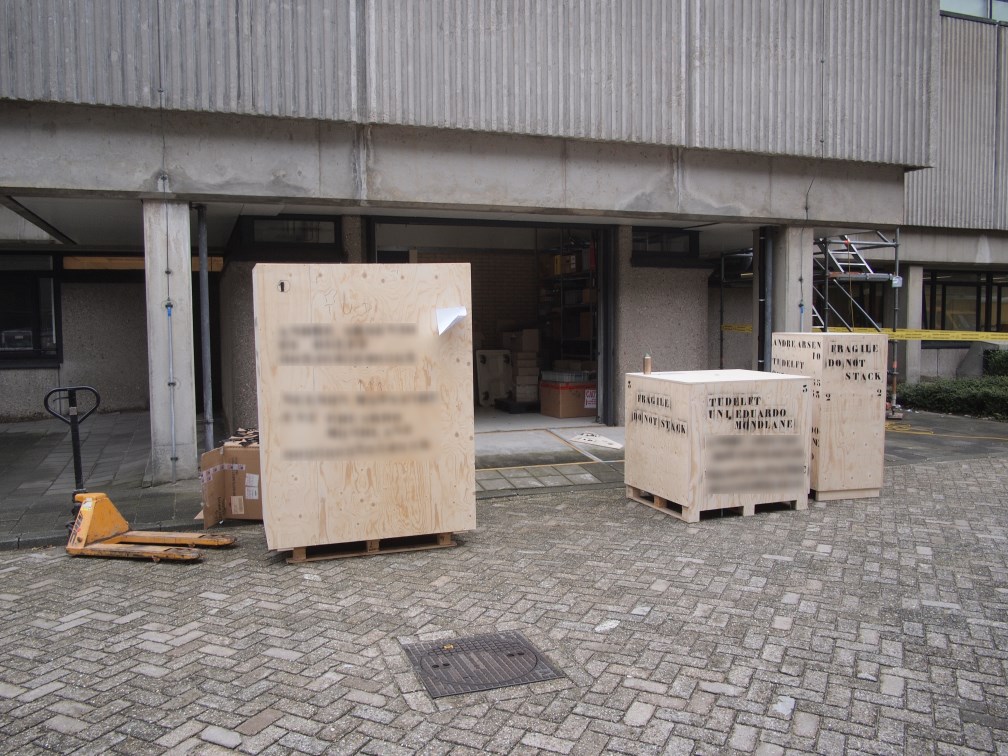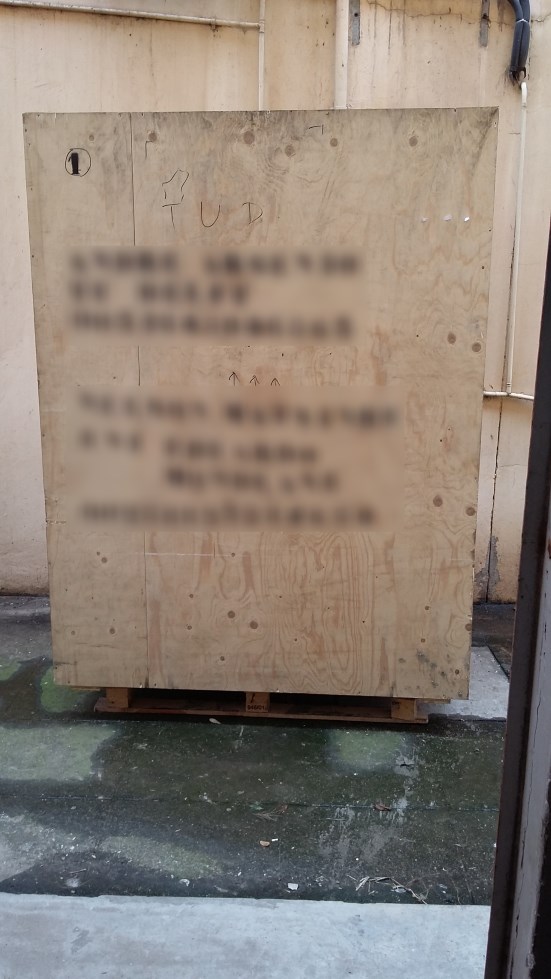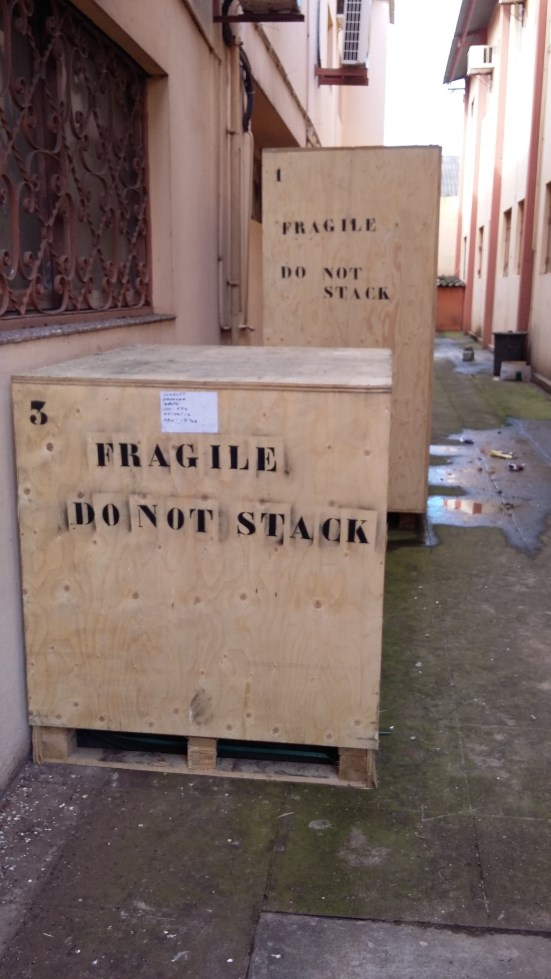by Lena
Drastically speaking, humanity has not yet found an answer to the question of how to safely manage human waste of cities that have grown without a fully covering sewer system. The rapid development of these cities’ population, largely dependent on onsite systems such as pit latrines and septic tanks, is increasing pressure on authorities, researchers, NGOs, companies and other stakeholders worldwide to find solutions for this unresolved issue. While urban faecal sludge management has largely been ignored during the last decades, the global community does now seem to have realised its urgent importance, hence more money is made available for research. As accessibility of resources is increasing ongoing research, work and data duplication are becoming a relevant issue. Efficient research and project management must therefore include finding ways to contribute to the current state of knowledge, rather than wasting time and money. This requires being flexible enough to constantly adapt the research during the ongoing project.
Continue reading →



